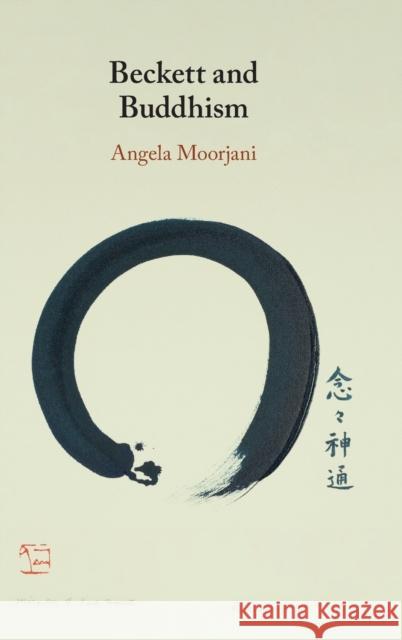Beckett and Buddhism » książka
topmenu
Beckett and Buddhism
ISBN-13: 9781316519691 / Angielski / Twarda / 2021 / 260 str.
Beckett and Buddhism
ISBN-13: 9781316519691 / Angielski / Twarda / 2021 / 260 str.
cena 367,48
(netto: 349,98 VAT: 5%)
Najniższa cena z 30 dni: 363,79
(netto: 349,98 VAT: 5%)
Najniższa cena z 30 dni: 363,79
Termin realizacji zamówienia:
ok. 16-18 dni roboczych.
ok. 16-18 dni roboczych.
Darmowa dostawa!
Beckett and Buddhism undertakes a 21st century reassessment of the Buddhist resonances sounding through Beckett's writing.











